“Enjoy learning
Learning to learn”
Your happiness,
our first objective
At Colegio Legamar, we are aware of the importance of Early Childhood Education and how the development of children in the first years of life conditions later intellectual development. We therefore work to ensure the comprehensive development of children from lower preschool, focusing on their emotional education, communication skills, logical and creative thinking and ethics, without losing sight of the importance of forming relationships with them that can become strong bonds and make them feel safe in these first years of life.
We want our students to grow up happy and receive the care and attention they deserve, respecting their varying needs and the different paces at which they do things. We feel that it is essential for them to learn in a stimulating environment in which they acquire different skills (motor, sensory and linguistic) and in-depth knowledge of their surroundings. Our methodology encourages children to explore and engage in new experiences, an active and participatory approach promoting learning by doing and through play.
Learning
Experiences
Word Workshop
The word workshop is an activity aimed at developing the linguistic skills of our children, taking into account their stage of development. The aim of this activity is to enhance the skills required to achieve a decent level of comprehension and expression, as well as to promote the optimal development of metalinguistic skills and executive functions, which are all essential in learning. This activity is carried out weekly with children aged 2-5.
Psychomotor skills.
Our psychomotor activities are based on Bernard Aucouturier’s Psychomotor Practice model, characterised for the emphasis it places on respecting children’s actions and desires. Children take part in these sessions once a week in very small groups. They are joined by a psychomotor specialist, who collects and addresses the requests, proposals and needs that the children bring with them to the room. The idea is for them to enjoy a spatio-temporal and material setting designed to enhance their motor skills, since they are the main protagonists of their actions themselves. These actions are respected and supported by an adult, who ensures their safety, lays down the rules and lets them play.
Bilingualism
We place great emphasis on language learning in our school. We teach English in our preschool through a practical approach, considering language as a communication tool. We provide a bilingual education, with a dedicated teacher for each language. Our preschool classes are taught in Spanish and English, with equal instruction provided in each. Children have a greater ability for language learning during the first years of school. At this age, children’s brains are able to quickly establish the structures of a language and its use, so students who learn two languages over these first few years gain a greater understanding of language.
Emotional education
The starting point for good emotional management is knowing how to identify the emotion we are experiencing and being able to name it. Having a rich and varied emotional vocabulary allows us to better understand the nuances of the specific feeling we are dealing with. In our preschool, we work on children’s basic emotions: happiness, sadness, fear, anger and love. We use stories as a methodological tool and children learn to identify their own emotions and those of their classmates. Students learn to recognise their emotions and manage them. Students build on the knowledge acquired through this programme in Emotional Education classes all the way through to Baccalaureate (Sixth Form).
Learning walks.
Our learning walks aim to enhance children’s knowledge of the environment and apply what they have learnt in the classroom in a natural setting: the changing of the seasons, changes in the climate, animals, etc. This type of activity has a positive impact on self-regulation, motor management and their autonomy. Through learning walks, our students can enjoy activities in a natural environment and broaden their knowledge of their surroundings and the natural environment around our preschool and school.
Sensory learning
Bringing the world closer to children through different sensory experiences helps them acquire new skills and knowledge and develop their own identity. That’s why we place great emphasis on activities involving all five senses in children aged 0-6, encouraging the acquisition of new skills and knowledge through discovery. Experimentation, handling and discovery activities allow children to become protagonists of their own learning.
Play facilities
We create stimulating spaces where children can experiment, handle and transform the materials and objects presented to them. The aim is to develop their creativity, to help them resolve conflicts and to support them in carrying out and developing small-scale joint projects. Through various play scenarios, where the adult prepares the space by creating compositions and presenting materials and objects in a precise and coordinated manner, we arouse different emotions in children, such as curiosity, astonishment and surprise, which are essential to ensure meaningful learning take places. Through these play scenarios and the magical activity par excellence that is free play, children look to interact with the materials, in order to transform them and give rise to the discovery of the many possibilities provided by play and creation.

